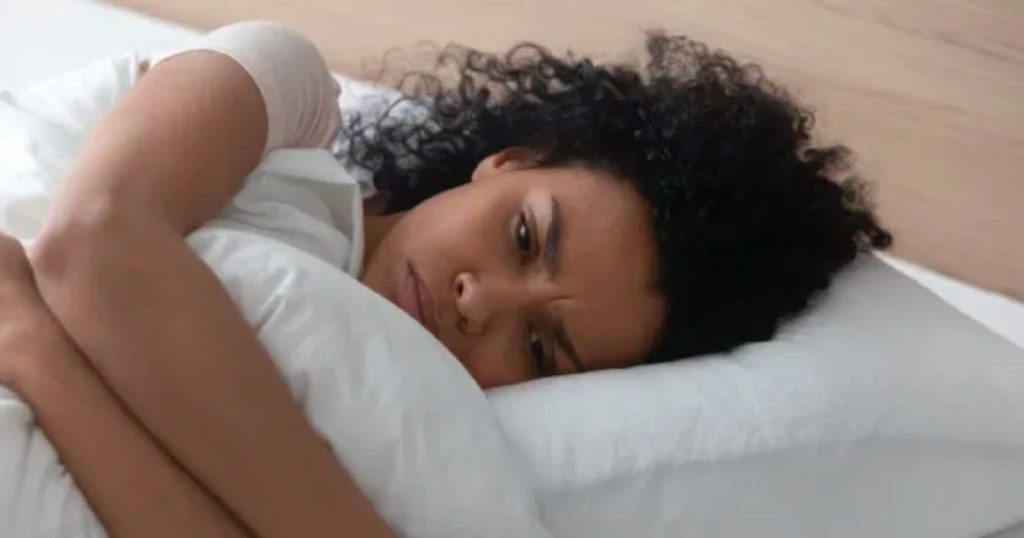Parasomnias are a group of sleep disorders that involve unwanted events or experiences that occur while you are falling asleep, sleeping, or waking up. Parasomnias may include abnormal movements, behaviors, emotions, perceptions, or dreams. Although the behaviors may be complex and appear purposeful to others, you remain asleep during the event and often have no memory that it occurred. If you have a parasomnia, you may find it hard to sleep through the night.
Confusional Arousals
This parasomnia causes you to act in a very strange and confused way as you wake up or just after waking. It may appear that you don’t know where you are or what you are doing.
Sleepwalking
Sleepwalking involves getting up from bed and walking around when you are still asleep in another room or outside your home and not remember how you got there.
Sleep Terrors
Sleep terrors (or night terrors) cause you to wake up in intense fear with barely any memory, if any, of a terrifying dream. These episodes may cause you to wake up with the look of intense fear, kicking, thrashing, and your heart racing.
Sleep Eating Disorder
These episodes occur when you rapidly binge eat while you are only partially awake. You may only have a slight memory or no memory of the binge, and the food may be highly caloric or in strange combinations.
REM Sleep Behavior Disorder
This potentially dangerous sleep disorder causes you to act out vivid dreams as you sleep. You may kick, punch or flail in response to your dream and episodes get worse over time.
Sleep Paralysis
Sleep paralysis causes you to be unable to move your body when you are falling asleep or when you are waking up. These episodes typically last seconds or minutes.
Nightmares
Frequent nightmares that prevent you from getting a good night’s sleep are considered a sleep disorder. People with nightmare disorder may fear going to sleep or have difficulty falling back asleep because of intense nightmares.
Bedwetting
Bedwetting can occur as a primary or secondary condition in both adults and children. Primary bedwetting results from a failure to wake up when the bladder is full. Secondary bedwetting happens in children who face strong social or mental stress or as a sign of another medical problem such as diabetes or a urinary tract infection.
Sleep Hallucinations
Sleep related hallucinations are imagined events that seem very real. They are usually visual but may also involve your senses of sound, touch, taste, and small. You may not be sure if you are awake or asleep.
Exploding Head Syndrome
This parasomnia causes you to hear a loud imaginary noise just before you fall asleep or awaken. It can sound like a bomb exploding, cymbals crashing, or a painless loud bang. Episodes can be distressing and people often mistakenly think they are having a stroke or brain problem. Try to get more sleep each night to alleviate the symptoms.
Sleep Talking
Sleep talking is common and tends to be harmless. The subject matter is often loud and fairly nonsensical. Sleep talking can occur by itself or it may also be a feature of another sleep disorder.


